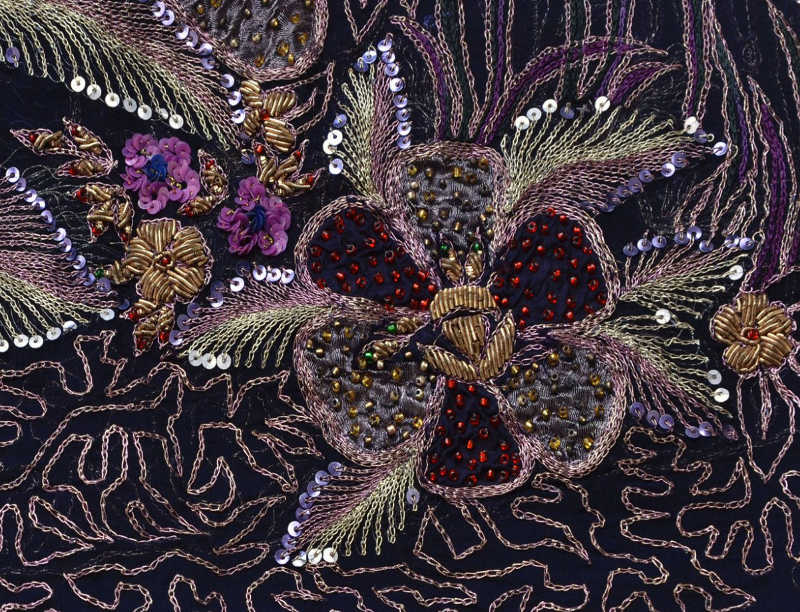===
0759,
5
===

=== |
 |
FWP:
SETS == KIH
MOTIFS == EROTIC SUGGESTION
NAMES
TERMS == 'DELICACY OF THOUGHT'While we're thinking of Ghalib, how can I resist mentioning this one?
G{191,5}.
It's true, as SRF says, that Mir's verse is directly sensuous and even erotic. Ghalib's verse, by contrast, remains abstract, and consists of a sort of juggling act of opposites.